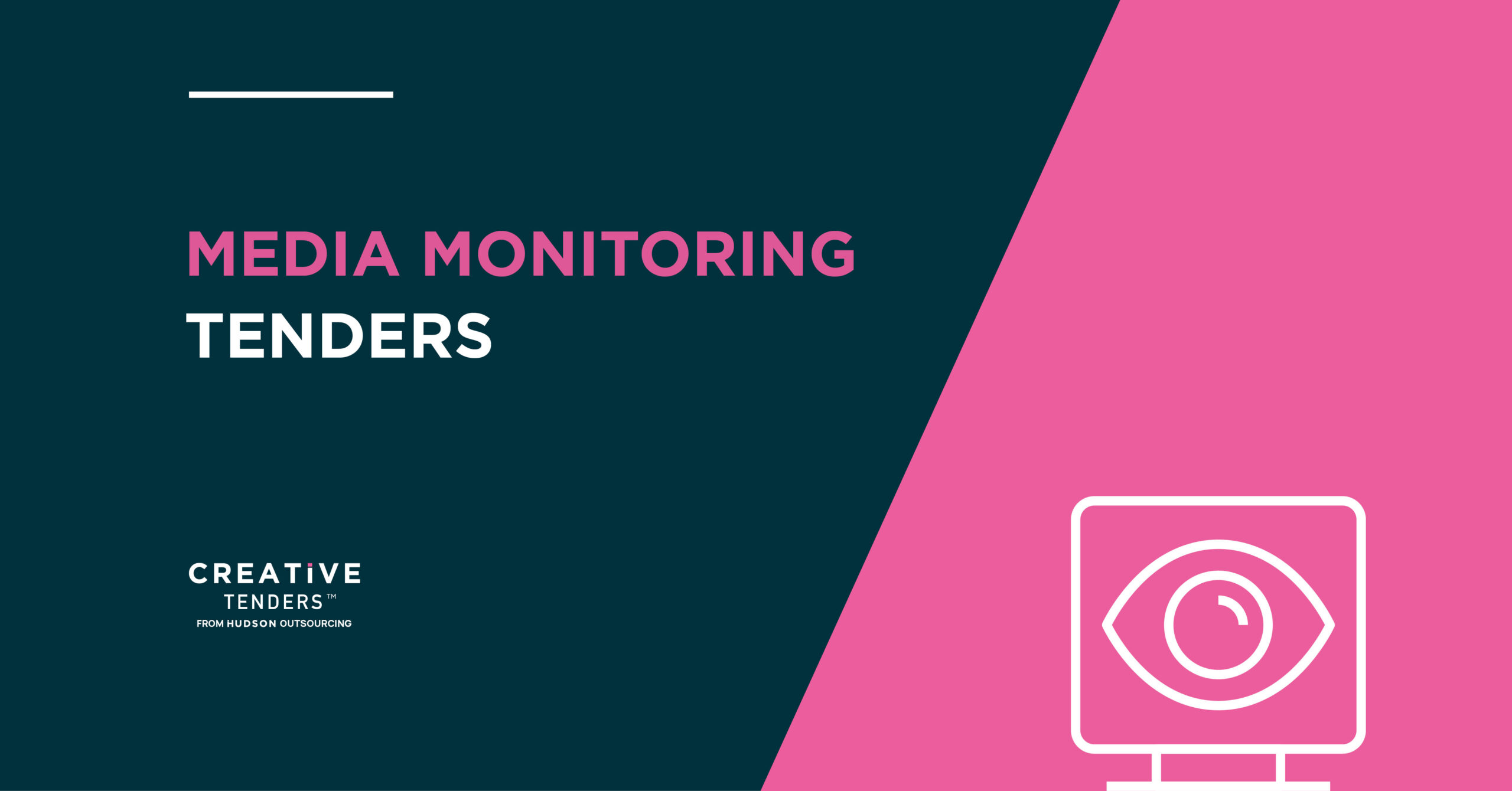The Rules and Regulations when Tendering!

The Rules and Regulations when Tendering
Procurement: – The aspect of a business that many organisations wish was easier.
Buyers in the public sector, such as housing associations, councils, and other relevant government departments are dealing with public money. Our taxes! So, therefore, all that is procured must be done so in the fairest and most transparent ways possible.
If any conflicts of interest and/or other bias proceedings occur when tendering, there can be serious consequences to this. Especially with buyers paying massive fines and/or representatives facing prison time. The way in which procurement departments procure all works in the fairest way possible is called ‘sourcing the most economically advantageous tender’ (MEAT). This is usually established via an open process:
Open Process |
Open to all organisations to submit a tender. On large projects, this may involve a pre-qualification process (PQQ) that results in a list of suitable suppliers who will be invited to tender (ITT). This open approach usually results in a large number of responses of varying suitability (i.e. both large companies AND SMEs). |
It has been noted that more needs to be done to ensure ALL organisations are familiar with the ‘open process’ of tendering and the rules and regulations behind it. Hudson Procurement Group are here to do just that! Our aim is to improve the nation’s understanding of the broad term that is Procurement and eliminate the worries and qualms of managing tender processes by providing lucrative guidance and advice to ALL.
Our focus here is purely based on how the rules of public sector tendering via an open process can affect you and what can be done to ensure you’re at the top of your game:
Each UK public sector buyer is obliged by EU law to:
- publish the contract opportunity in the public domain – our industry-specific portals (incl. Creative Tenders, and Technology Tenders to name a few) are the first of its kind to have manual daily bulletins processed/disseminated by an efficient team of people, rather than [mostly] flawed algorithms via automated systems used by ALL our competitors;
- inform all suppliers of how tenders are to be evaluated – 95% of the time this is split between a quality and a commercial ratio (sometimes including a presentation stage too) – outline your tender strategy/focuses here – is 80% of the mark purely based on cost – are your rates competitive?
- ask for whatever they feel is relevant to the opportunity – this could be method statements, evidence of past work, policies and written procedures – are you up to date with all background content – you don’t want to spend another 2 whole days creating a new policy from scratch- this minimises time from your actual tender response;
- not discriminate against businesses registered in another EU country– so currently you may be up against your French competitors or other EU companies that are trying to make their mark in the UK – know your market – how do YOU stand out?
- clearly, state all deadlines – this includes deadline to ask clarification questions & deadline for submission etc. Organise your time wisely based on this!
- provide at least a 10-day standstill period – this is the period between contract award notification and actual contract award, allowing other suppliers the opportunity to contest/dispute the decision[s] made;
What will change in the coming years?
As we all know, some sort of changes may likely occur over time due to the whole Brexit saga and we will be the first to update you on how this affects you! For now, there has been no immediate impact on the legislative position in the UK and all the provisions listed above continue to apply!
These are just a few regulations in a very large pond filled with procurement jargon. Our upcoming Tender VLE service will ensure this jargon is broken down and shared via understanding methods and practice. The days of wishing procurement were easier are now over! Watch this space!
Similar Insights

Media Monitoring Tenders
Read Article